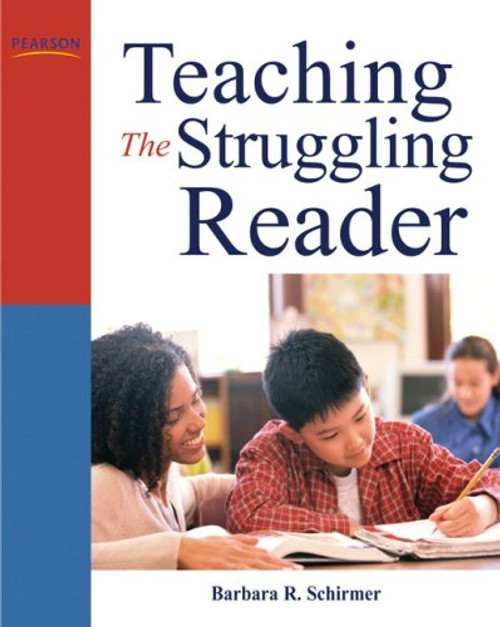Marie Clay, in her foreword, says that this important book will help raise the profile for what is needed to get all children off to a good start in education. And a good place to start is with Carol Lyons.
Lyons does a masterful job of introducing teachers to the concepts, categories, language, and arguments pertaining to the brain's control of what readers do. She offers a new way of thinking about learning, about how the mind develops, and about what teachers can do to reach struggling readers. She draws on examples from interactions with her son and her own teaching, from research, and from the work of ten expert teachers, who have successfully taught those children often considered the hardest to teach-children with learning disabilities, language delays, or attention deficit (hyperactivity) disorder. In addition, she supplies numerous transcripts of teacher-student conversations and end-of-chapter tips to guide teachers to observe their students and plan instruction more effectively.
Lyons' lifework has been the cognitive development of children. For decades, she has worked side by side with them, observing and researching what exactly goes on as they read and write. Now she has given us a book that is both accessible and fascinating, that explores topics too often overlooked or avoided. She offers a breakthrough explanation of the role emotion and the brain play in learning to read. Most important, she provides specific advice, with examples, to illustrate how to enable students to read and write, whatever their needs or abilities.







